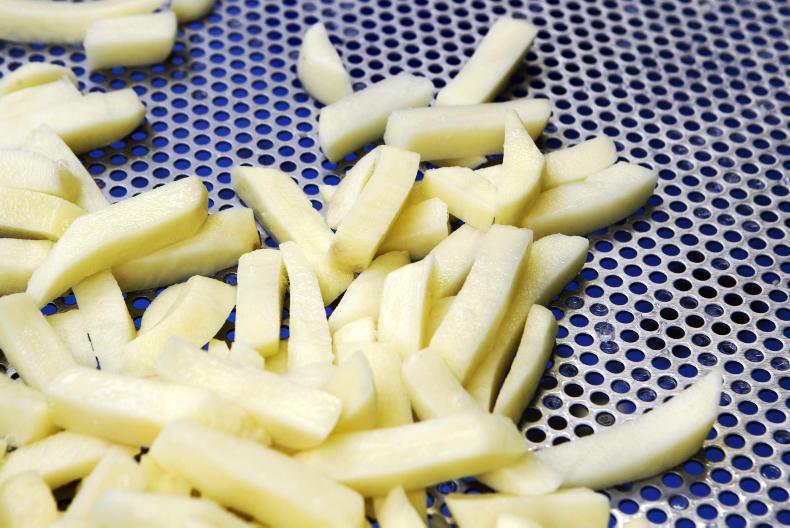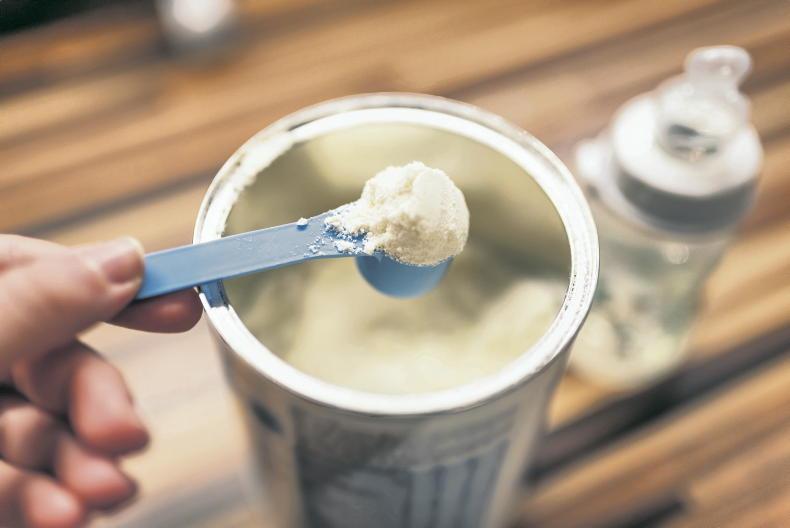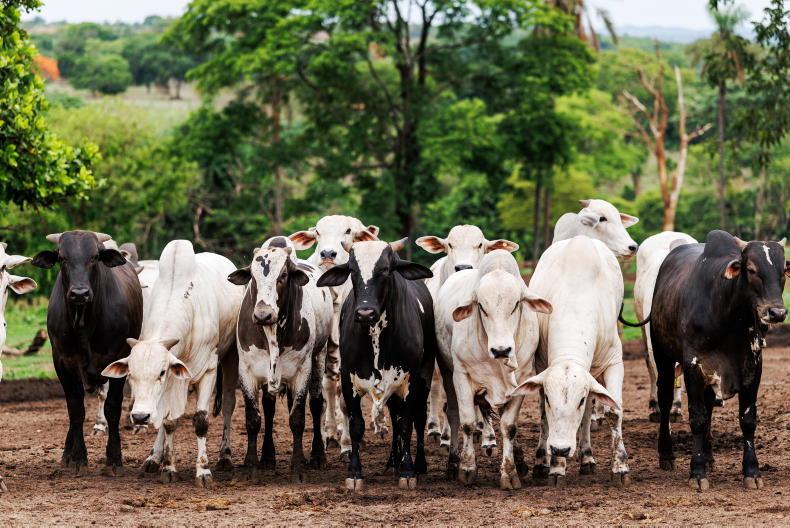The potato industry will learn of the fate of the sprout suppressant active chlorpropham (CIPC) this week at the standing committee on plants, animals, food and feed (SCoPAFF) meeting held in Brussels this week.
CIPC is isopropyl-N-(3-chlorophenyl) carbamate and is used as a sprout suppressing chemical applied to stored potatoes.
While still widely used in the UK, it is only used by a handful of businesses in Ireland.
It works by interfering with cell division to inhibit sprout development.
Non-renewal
CIPC has been under review and the European Food Safety Authority (EFSA) has now identified a number of data gaps related to consumer risk assessment.
The European Commission has recommended non-renewal and this was discussed at numerous SCoPAFF meetings throughout the year, but no formal vote has taken place yet.
It is widely expected that the committee will adopt the European Commission’s recommendation on non-renewal
On the agenda of the latest SCoPAFF meeting taking place this week, the committee will exchange views and possible opinion of the committee on a draft commission implementing regulation concerning the non-renewal of approval of chlorpropham.
It is widely expected that the committee will adopt the European Commission’s recommendation on non-renewal of the active.
Sprout suppressant
CIPC inhibits potato sprout development by preventing plant cell division, which is required for sprout growth.
The chemical is applied in the potato store in the form of a fog and can only be applied by registered contractors.
This thermal fog results in the deposition of millions of small particles of CIPC on the tuber surface, which all act as localised sources of vapour (CIPC slowly sublimates from a solid to a gas in the potato store), which diffuses into the soft sprout tissue as soon as it forms and controls growth.
This comes on the back of new regulations preventing the feeding of livestock with potatoes treated with the foliar sprout suppressing spray, maleic hydrazide.
This spray may have served as a suitable alternative to CIPC in some circumstances, but now will not be permitted if waste potatoes are fed to livestock.
Processing sector

While only used by a handful of businesses in Ireland, CIPC is particularly important for potato storage in the processing sector because crops destined for that market must be stored at relatively warm temperatures in order to maintain frying quality.








SHARING OPTIONS